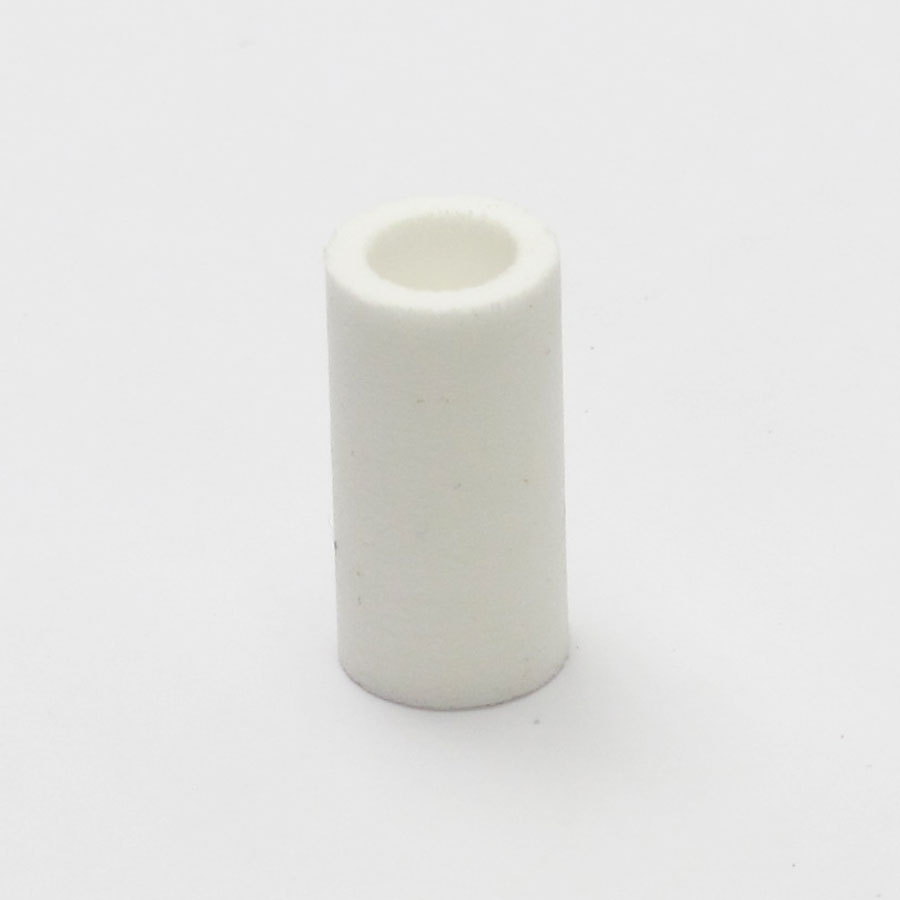
When you catch yourself using negative filtering, take a few moments to pause and think about a positive way to describe the situation. If your filter sometimes leads you to believe that your partner is uninterested, lazy, etc., look at evidence on both sides to decide if that assessment really has merit. If you’re aware that you sometimes use a negative filter, spend some time giving yourself a little reality check. Can we talk about that?” Then be open to a conversation. When either of you thinks the other might be employing a negative filter, say something like, “I could be off here, but I wonder if you might be doing some negative filtering right now. Once you’ve figured out who is guilty of filtering, agree to work together to improve it. Take some time to discuss with your partner if you believe one or both of you has a tendency to use this cognitive distortion. If this sounds familiar to you, the good news is that the way to address negative filtering is relatively straightforward.

Here are a few examples of how filtering can occur in relationships:

It’s easy to see why, when this happens over time, it can lead to a negatively skewed perception about one’s partner or about the relationship. Over time, our tendency to overlook - and therefore not acknowledge or appreciate - positive contributions from our partners actually decrease their frequency. Our narratives about that relationship then become saturated with negative beliefs, often crowding out positive phenomena even though it is present.

The cognitive distortion I’d like to discuss this week is called “filtering.” Problematic filtering occurs when we focus on the negative elements of a situation or relationship, while filtering out the positive ones. Cognitive distortions are problematic patterns of thinking that skew our perceptions and impact feelings the effects can be positive or negative, but I’ll focus more on the negative impacts because, obviously, that is where we tend to see problems playing out in relationships among our clients.
#NEGATIVE FILTER SERIES#
This week’s post is the third in my series on cognitive distortions and how they can impact relationships.


 0 kommentar(er)
0 kommentar(er)
